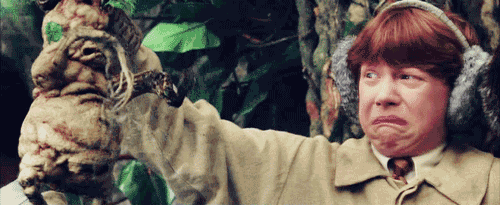News
Narjas Zatat
Feb 05, 2018

Picture:
iStock
A new study into the behaviour of plants suggests that sedation causes them to lose consciousness.
The study, which is published in the Annals of Botany, demonstrates that different anaesthetics administered on plants makes them freeze.
Using a single-lens reflect camera, researchers followed the organ movements in plants before, during and after recovery from exposure to “diverse anaesthetics”.
The scientists closed pea plants in a glass chamber with ether, and soaked the roots of sensitive garden cress in lidocaine. The electrical activity of a Venus flytrap’s cells were also recorded.
An hour after the sedatives were administered, all the plants became unresponsive - and the Venus Fly trap did not respond to stimulus, either.
When the drugs wore off, the plants appeared to ‘come alive’ again – akin to regaining consciousness.
The study authors write:
Plants are sensitive to several anaesthetics that have no structural similarities. As in animals and humans, anaesthetics used at appropriate concentrations block action potentials and immobilise organ
Previous research on the topic confirmed that different kinds of anaesthetics stop pain and activity in plants and animals, but there is no scientific consensus about how they do this.
The study adds to a growing body of research dedicated to discovering the potential sentience of plants, and the study concludes that this discovery will allow plants to "serve as a suitable test system for human anaesthesia".
Top 100
The Conversation (0)














